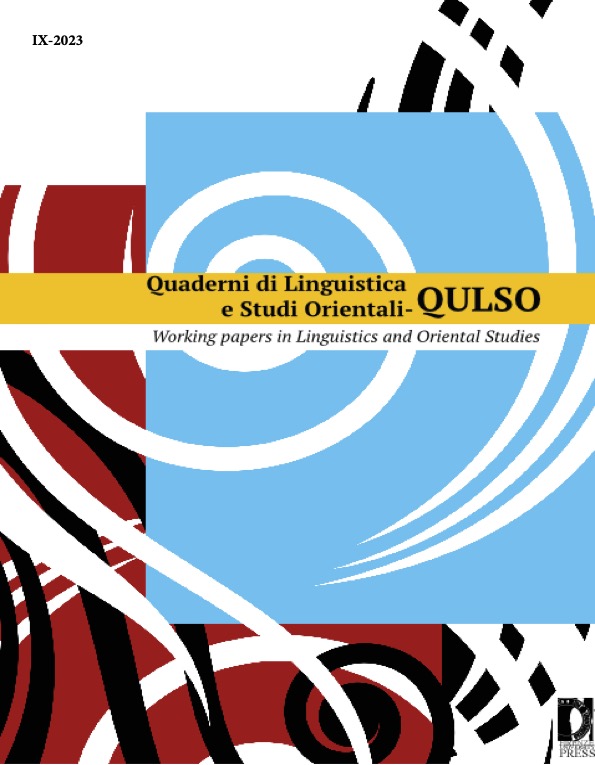Published 2023-09-30
Keywords
- Affix Stripping,
- Lexical Access,
- Morphological Decomposition,
- Suffix Priming,
- Visual Word Processing
How to Cite
Copyright (c) 2023 Roberto Petrosino, Jon Sprouse, Diogo Almeida

This work is licensed under a Creative Commons Attribution 4.0 International License.
Abstract
Models of visual word processing incorporate morphological decomposition as a step in the recognition process, but they vary as to when this step happens, and what kind of information is used in it. In particular, the affix stripping model proposes that words are accessed through their stems, after affixes are automatically stripped off. This dichotomy between stems and affixes seems to be mirrored in masked priming. Masked stem priming is quite robust and comparable to masked repetition priming, whereas masked affix priming is often null, or very small. However, the literature on masked affix priming is much smaller than the one on masked stem priming. This study investigates the stem vs suffix asymmetry in masked priming by running an online experiment with a large sample size (N=161) to ensure higher statistical power. For comparison and validation, the same experiment was also conducted in a standard lab setting. In addition, we ran a follow-up experiment with two additional suffix priming conditions with an even larger sample size (N=400) to assess the influence of orthographic and strategic confounds. The three experiments show significant stem priming, but null or very small suffix priming, thus supporting the asymmetry between stem activation and affix stripping.

